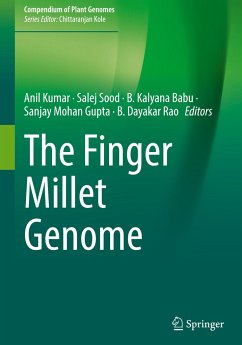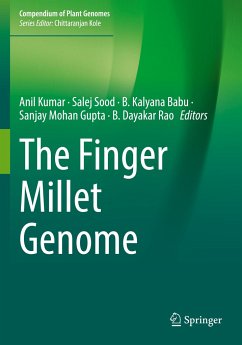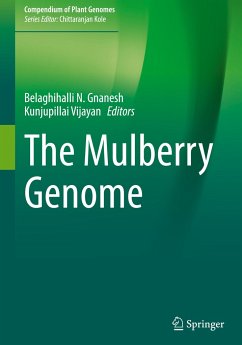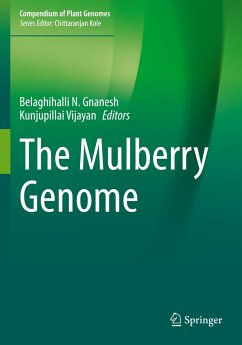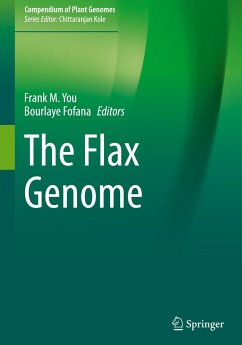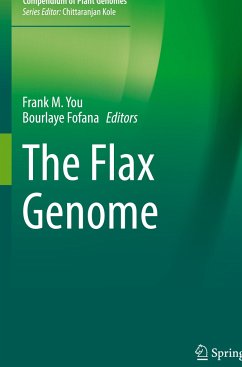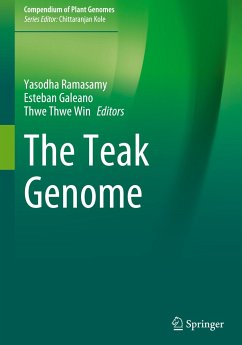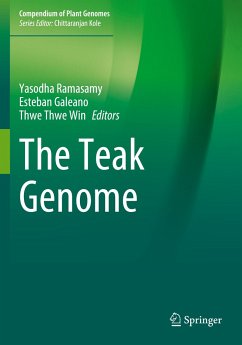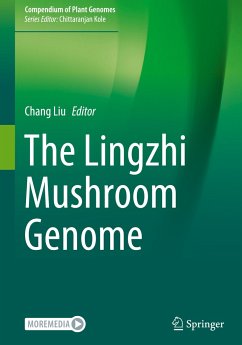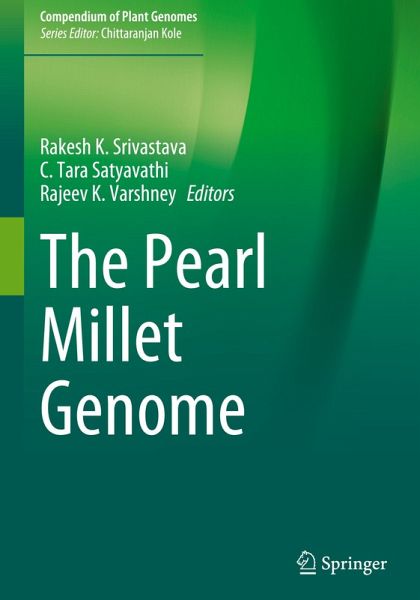
The Pearl Millet Genome

PAYBACK Punkte
68 °P sammeln!
This book entitled, The Pearl Millet Genome, is the first comprehensive compilation of deliberations on history, domestication, genetic and genomic resources, traditional breeding, genetic diversity, molecular maps and mapping of important biotic stress as well as nutritional quality traits, whole genome sequencing and comparative genomics, functional genomics, genetic transformation. The economic, nutritional, and health importance of the pearl millet is also discussed. It also presents the input use efficiency and wide adaptation of the crop. Altogether, the book will contain about 200 pages...
This book entitled, The Pearl Millet Genome, is the first comprehensive compilation of deliberations on history, domestication, genetic and genomic resources, traditional breeding, genetic diversity, molecular maps and mapping of important biotic stress as well as nutritional quality traits, whole genome sequencing and comparative genomics, functional genomics, genetic transformation. The economic, nutritional, and health importance of the pearl millet is also discussed. It also presents the input use efficiency and wide adaptation of the crop. Altogether, the book will contain about 200 pages over 10 chapters authored by globally reputed experts on the relevant field in this crop. This book will be useful to the students, teachers, and scientists in the academia and relevant private companies interested in genetics, pathology, molecular genetics and breeding, genetic engineering, structural and functional genomics, and nutritional quality aspects of the crop. This book will alsobe also useful to seed and pharmaceutical industries.



